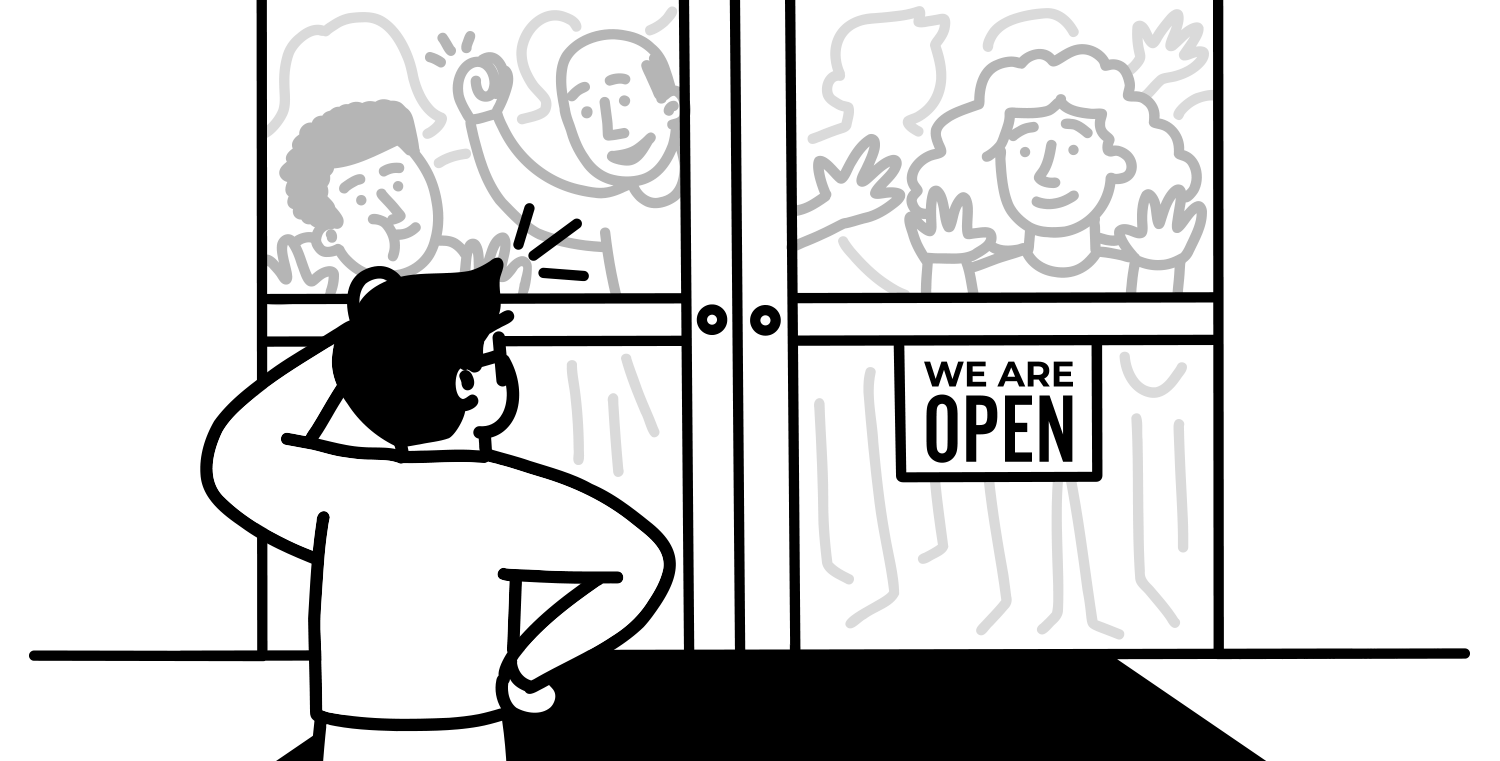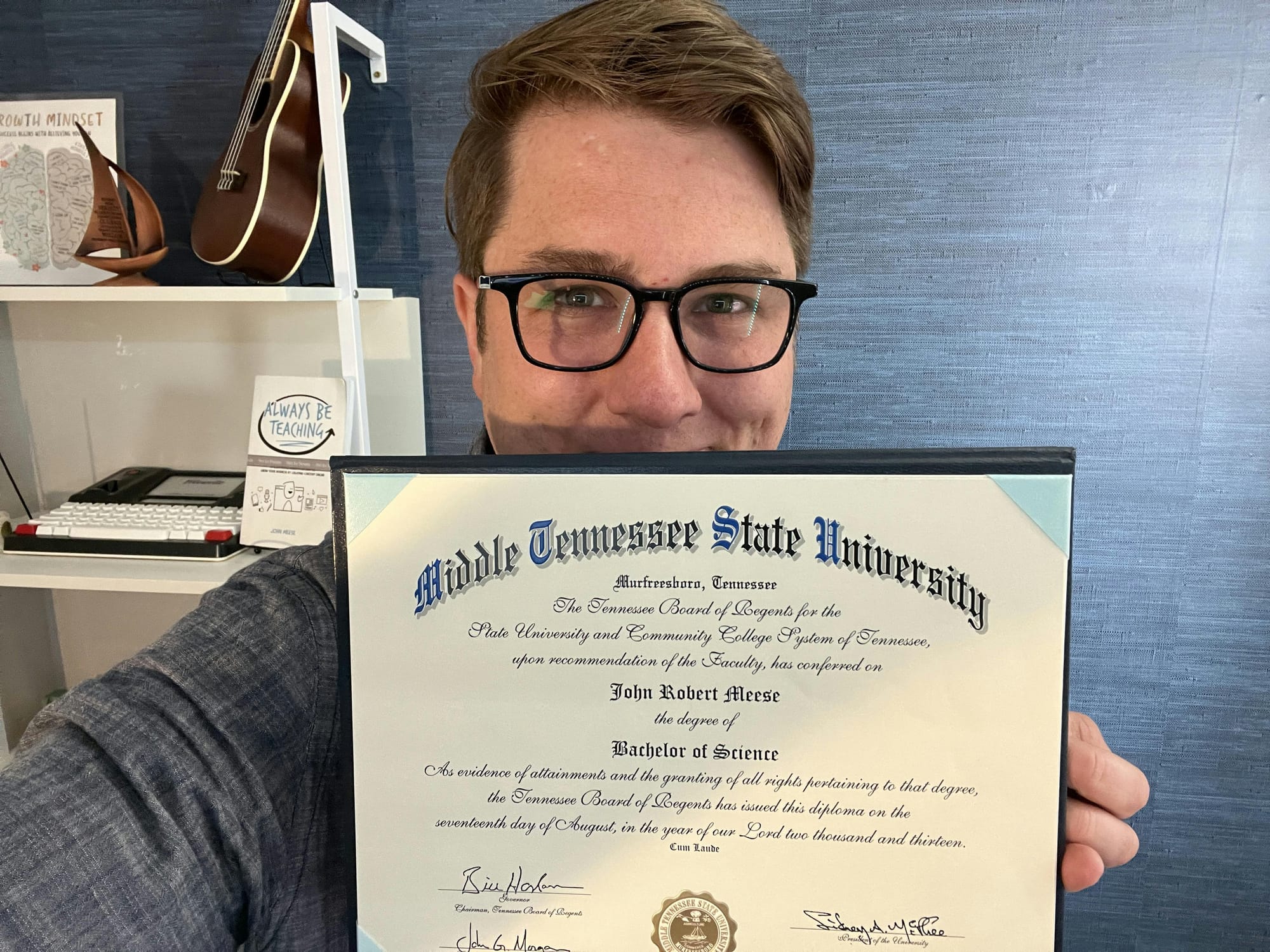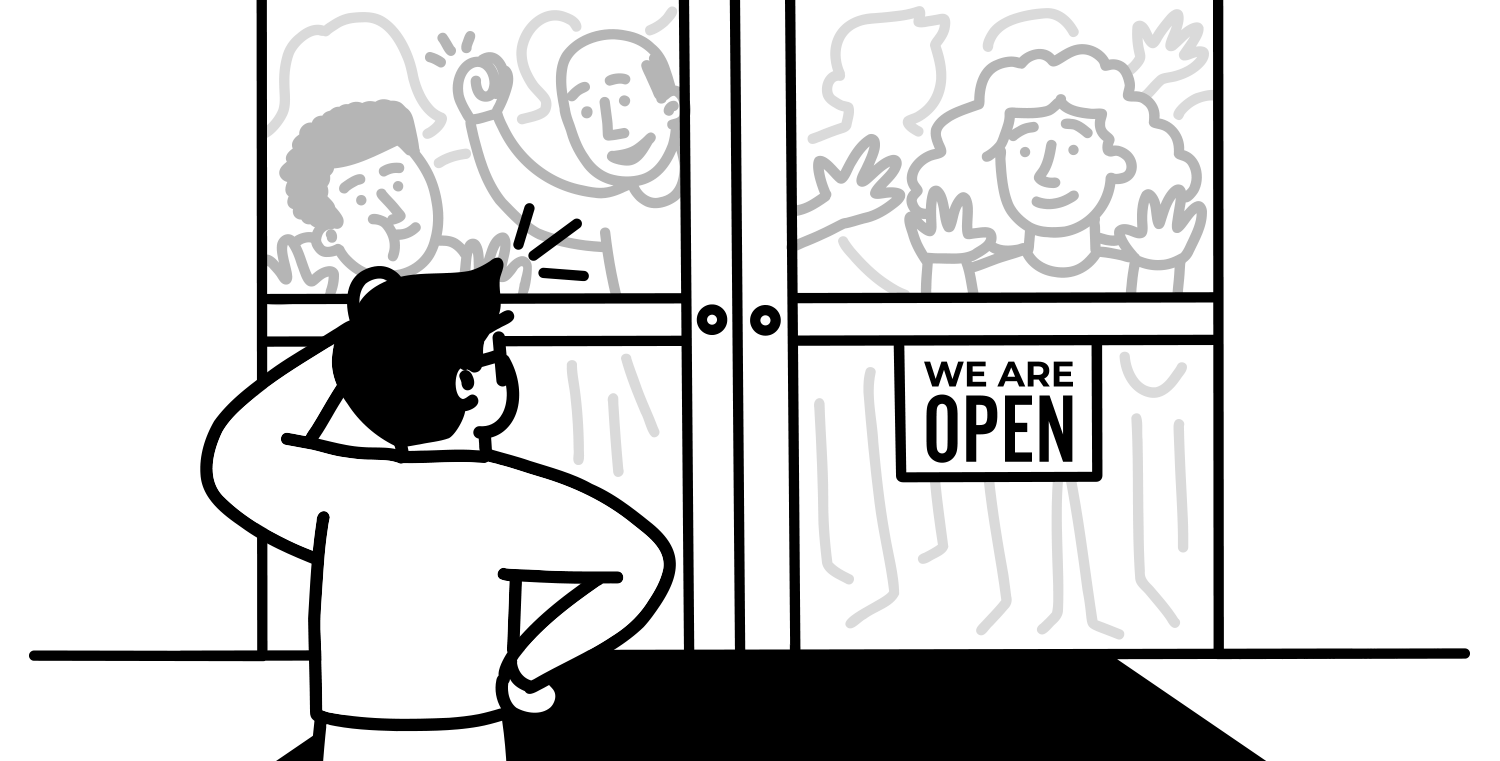Design Your Group Coaching to be Oversubscribed

Every once in a while I get a chance to brush off my nerd glasses and use my Economics degree for something other than a pretty piece of paper on my wall in a box.

It’s always a blast (for me), but you don’t need a degree to understand what it means to be oversubscribed 🤓
Have you ever made reservations at a restaurant, bought tickets to your favorite movie on opening night, or seen people fighting over the last TV deal on Black Friday?
That’s what oversubscribed looks like.
Daniel Prestley illustrates this well in Oversubscribed: How To Get People Lining Up To Do Business With You:
There are restaurants that people line up for. There are products that you must preorder months in advance. There are tickets that sell out on the day they are released.
There are stocks that go roaring up in value right after they float. There are cars that were bought before they were built and properties that sell off the plan when they are nothing more than a set of drawings.
There are consultants who are booked six months in advance and hair stylists who charge ten times more than others. There's furniture you can't buy, only preorder, and bottles of wine that are purchased while their grapes are still hanging on the vine.
There are people who don't chase clients. Clients chase them. In a world of endless choices, why does this happen? Why do people line up, pay more and book so far in advance when other options are easily available? Why are these people and products in such high demand?
In each of these examples, the business in question is oversubscribed.
You’re business is oversubscribed when you have more buyers than products available to sell.
Which type of market are you in right now?
Economics can teach you that a market is made up of both supply and demand, but as an entrepreneur it’s easy to assume that you only control supply and you should make as much as supply as you can—but should you?
Once again, Oversubscribed has a helpful breakdown of the three possible supply & demand situations you could have in your market:
- Balanced. Demand and supply are relatively equal, so you earn wages but not profits. This is typically where you get stuck at the “break even” point in your business indefinitely.
- Undersubscribed. More supply than demand, resulting in losses or missed opportunity in a saturated market—typically racing to the bottom by competing on nothing but price.
- Oversubscribed. More demand than supply, so your market is profitable.
As Daniel explains in Oversubscribed,
Once you are oversubscribed you'll earn more money, have more fun and attract more opportunities. You won't have to chase opportunities; you'll curate those that show up. Your inbox will become a garden of prospects rather than an endless stream of tasks to follow up on.
That is why you want to design your group coaching to be oversubscribed. It’s exactly the same reason that you want to become a SOLD OUT Coach!

Don’t compete with the market, create your own market
One of the reasons my group coaching program has been so successful is that I only accept 10 clients at a time.
That allows me to charge a premium fee and deliver a premium experience, so that my Premium Program yields maximum impact for my clients and maximum income for me.
Your income and impact are inextricably intertwined.
(Although I wouldn’t recommend you try saying that three times fast)
Rich Litvin is one of the coaches I respect most in today’s world, and he designed his Premium Program to be oversubscribed by limiting it to just eight clients per year. Now he’s writing the book on $100K clients.
I’ll leave you with this parting advice from Daniel Prestley in Oversubscribed,
It's easy to assume your income is linked to the economy and that your lifestyle is inextricably linked to what happens “out there.”
It's a choice however, if you link your business to the industry, to the market and to the trends that everyone else is following; then you'll continue competing on price like everyone else does.
If you separate from the market and build your own market, you can generate as much money as your market will allow for.
